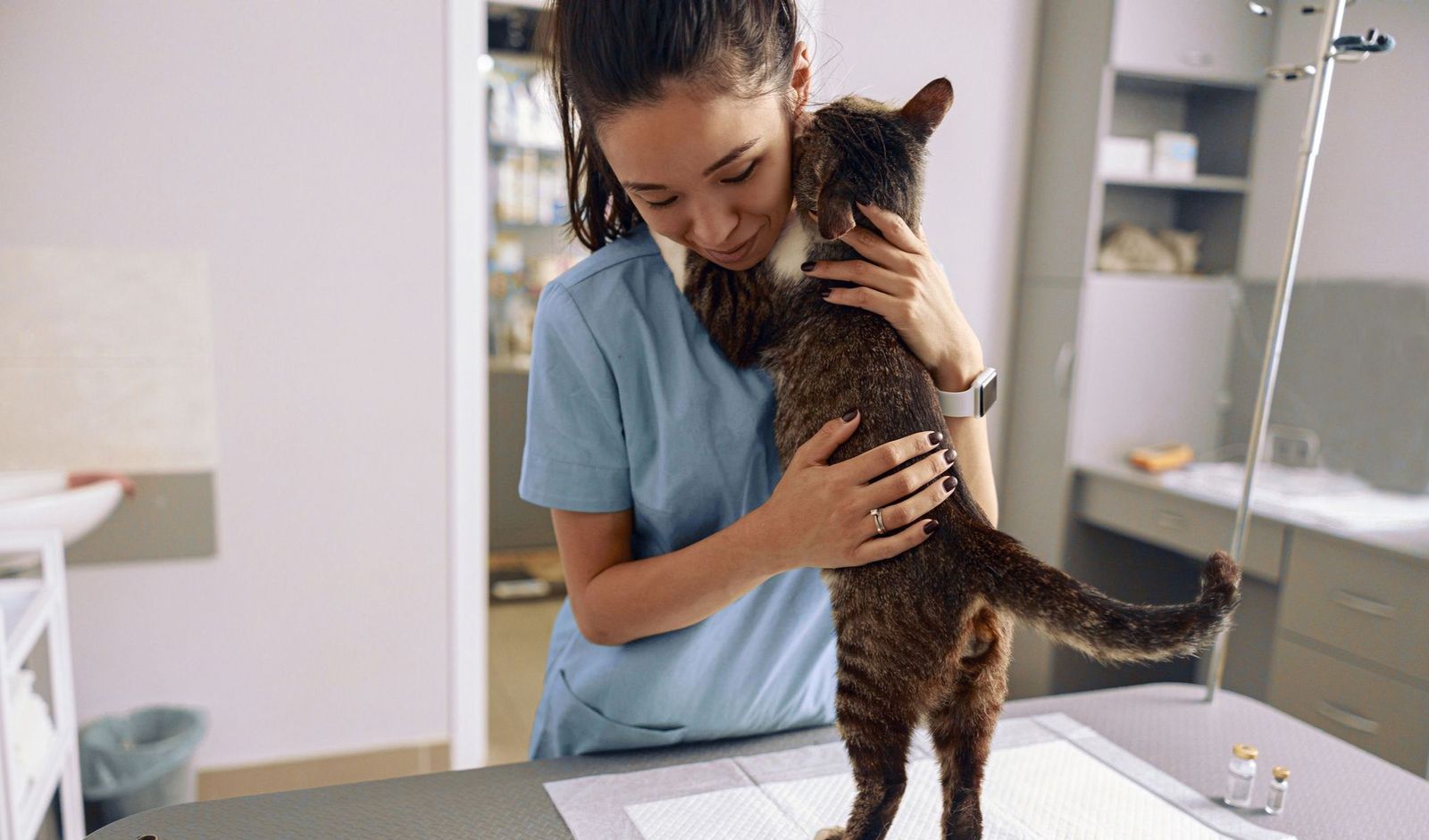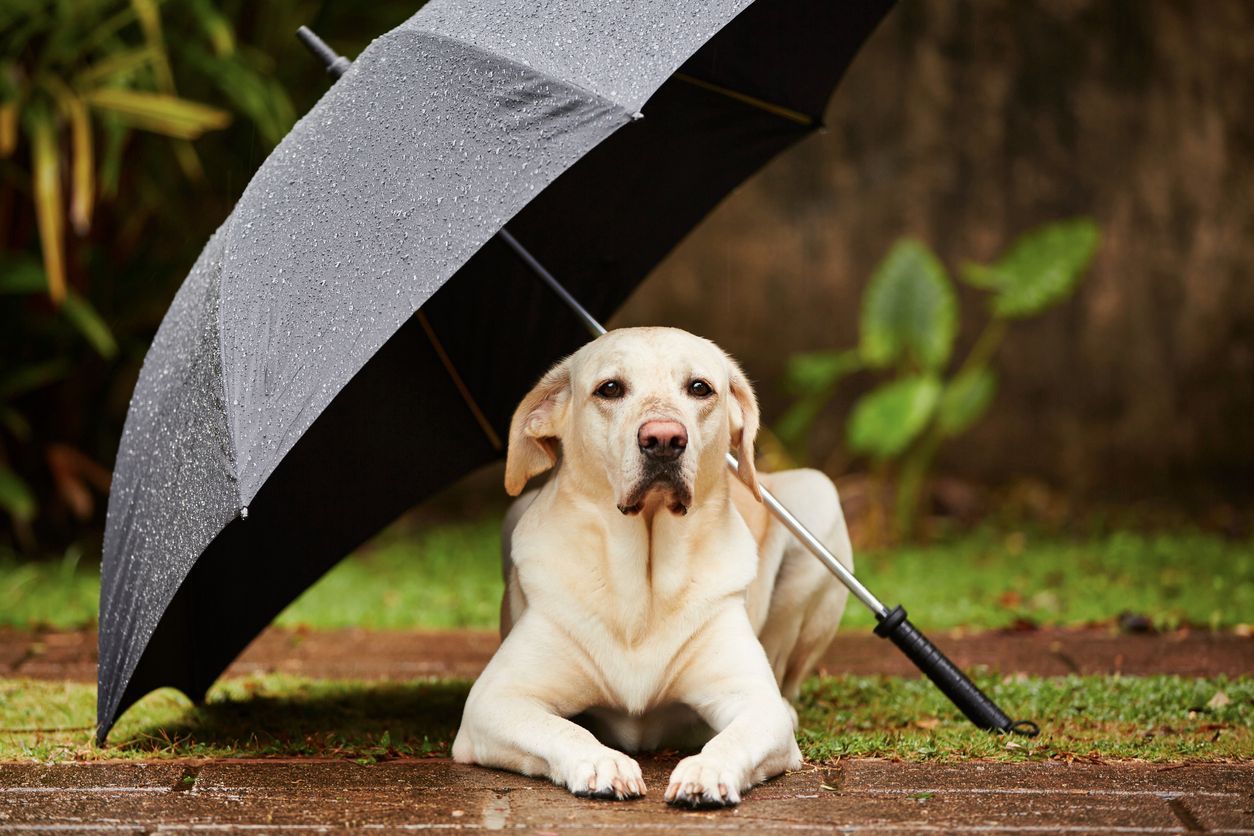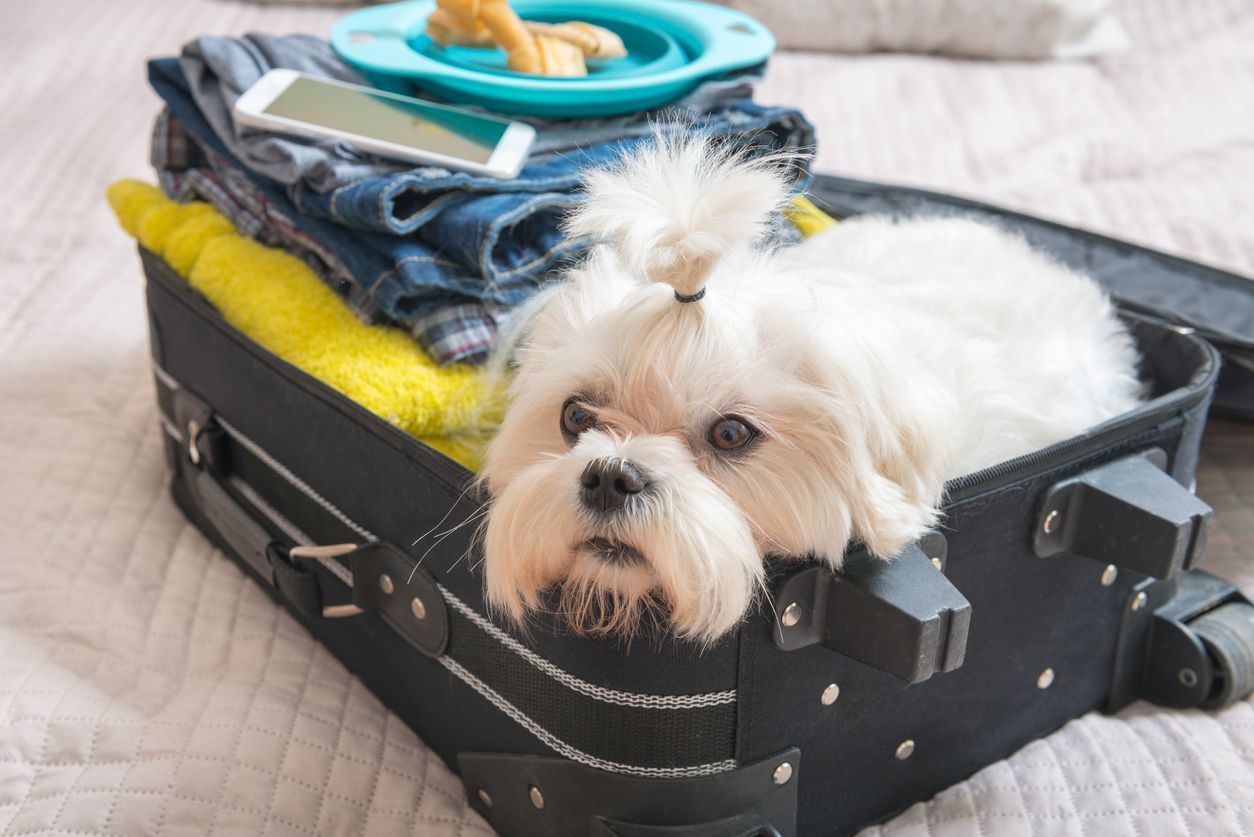The mental health crisis facing veterinarians

It might seem hard to believe, but there’s a mental-health crisis in the veterinary profession. It’s not all cute animals and cuddles. Vets are responsible for lives, for the wellbeing and health of cherished family members, and the patients they treat don’t always have good outcomes. It’s an incredible amount of pressure in a high-stress situation.
All this, plus having to deal with emotional pet parents, puts enormous strain on veterinarians. In fact, the suicide rate amongst vets is up to 2.4 times higher than in the general population, with 26.2% of Canadian vets saying they’ve had suicidal thoughts within the last year. In the U.S., it’s 1 in 6.
We sat down with Dr. Melanie Goble, one of the founding members of Not One More Vet, an organization dedicated to the wellbeing of veterinary professionals, to get a deeper understanding of the challenges underlying this crisis in the community.
More pets, fewer vets
Pet adoption rates are soaring. More people than ever are welcoming new pets into their homes (you may even be one of them). And it’s putting tremendous pressure on the veterinary healthcare system. Have you noticed that it’s harder to get in to see the vet when you need to? This is why. Vets are overbooked and overwhelmed.
The pandemic has also changed the way veterinarians can practice — with more restrictions, extra cleaning, curbside service, and supply chain issues — but the surge in new patients has put an additional strain on already resource-strapped clinics.
This means longer wait times for routine and emergency appointments, frustrated pet parents, and sick pets who can’t get the help they need when they need it. And veterinarians and their teams find themselves working longer hours, turning away patients, and getting . It’s not easy, and it can make an already difficult job even harder.
High stress, high stakes.
It might not seem like it, what with all the cute animals and friendly faces around, but a veterinarian’s job is incredibly high stress with the highest of stakes. Vets are faced with moral dilemmas on a daily basis, with difficult life-or-death decisions, and the terror of making the wrong choice. They have broken-hearted clients to comfort, as well as angry pet parents who are struggling with difficult emotions.
“We spend a lot of time talking about euthanasia and performing euthanasia,” Dr. Goble said. “It’s really hard.” And sometimes, they’re called on to euthanize otherwise healthy pets whose owners can’t afford treatment for treatable illnesses or injuries.
And while pet parents get to see their pets growing, playing, and developing, vets are often only part of a pet’s life at the very beginning, when something goes wrong, and at the end of life. So the cute cuddly moments are few and far between. They see sickness and death more than they see happy, bounding puppies and purring kittens.
But with the high volume of patients they have to see, long hours, and limited downtime, there’s often very little time to process the bad outcomes. And the toll it takes on their mental wellbeing is massive.
“We’re not taught how to deal with death,” Dr. Goble said. “We’re taught how to beat it, but it turns out that we don’t beat death all the time.” And sometimes, that means having to work with bereaved pet parents who take out their stress and grief on already troubled veterinarians and their teams.
It’s hard to stay grounded
“The stress of the long days, the physical and mental exhaustion that we feel. We tend to be cut off from other people,” Dr. Goble said. “We miss time with our families, the day-to-day things that keep us grounded, we miss out on them. Because we feel like if we’re not working, then animals are going to die.”
The long hours, the isolation, and the disconnection from everyday life has a huge impact on veterinarians’ mental health. Your vet may be super friendly and upbeat when you come for your appointment, but the rest of their day can be filled with grief and sickness. And with no one to talk to, the pain of these difficult moments can become overwhelming.
That’s why Not One More Vet was founded. Initially, it began as a Facebook support group but has blossomed into a national network offering support, education, and resources to help veterinarians survive and thrive. They aim to remove the stigma around mental health issues and bring the conversation into the light, so fewer veterinarians feel so alone and can get help when they need it.
So, next time you speak to your vet, take an extra moment to ask how they’re doing. Give them a smile, and go easy on them. Like all of us, vets are going through a hard time and we need to find ways to support them.
If you are in crisis, please reach out to your local crisis line. In Canada, you can call the Canada Suicide Prevention Service at 833-456-4566. In the U.S., you can can call the National Suicide Prevention Lifeline at 1-800-273-8255. Remember, help is never far away if you need it.









